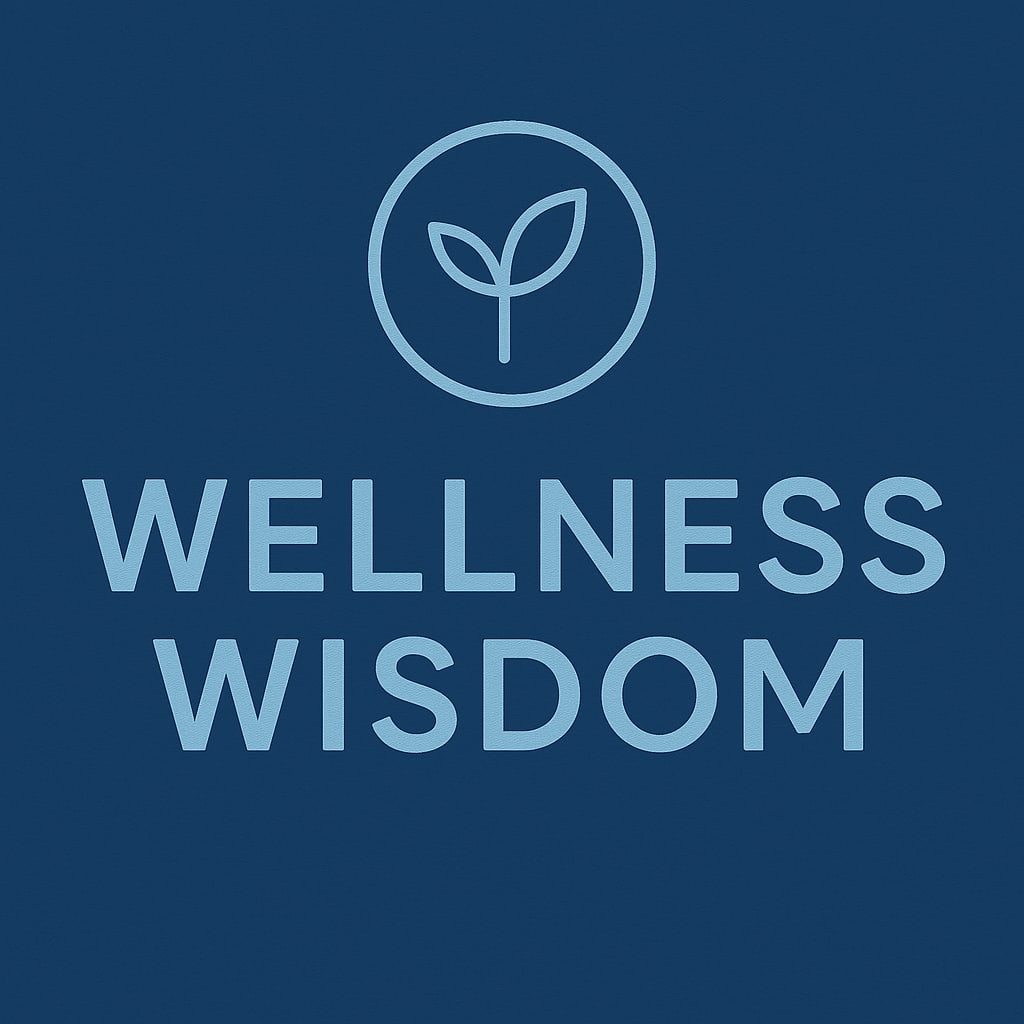
Welcome to Wellness Wisdom—Your Weekly Guide to Thriving After 50
Each week, you’ll find simple, effective health tips, inspiring insights, and practical strategies designed to help you feel your best—physically, mentally, and emotionally.
No matter where you are on your wellness journey, we’re here to support, encourage, and walk alongside you every step of the way.
Let’s keep growing stronger, healthier, and more energized—together.
April 2025 Issue 4
April 2025 Issue 4
I wish to have future newsletters sent directly to my inbox when they become available.
Your privacy is important to us. When you share your email, we use it solely to send you helpful wellness content and updates — you can unsubscribe anytime. We will never sell or share your information with anyone, ever.
It’s not 8 glasses a day anymore. Here’s how much water you should drink each day.
Welcome to Issue 4 of Wellness Wisdom!
In this edition, we’re diving into Water Consumption!!!
In this edition, we’re diving into Water Consumption!!!
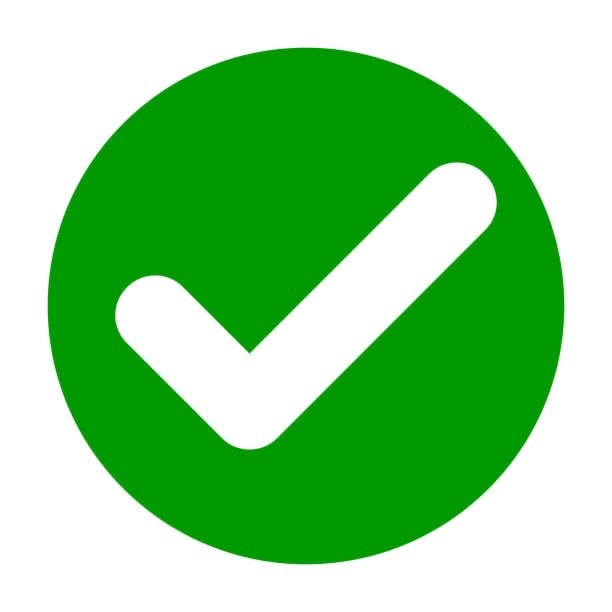
How many ounces of water should I drink a day?

How much water is too much?

How do I know if I’m drinking enough water?

Tips for getting your daily fill
Overview
Overview
With brand-name water bottle fads and gallon-a-day water challenges trending on TikTok, hydration is in, and that’s good news for health. The average human body is more than 60% water. Water makes up almost two-thirds of your brain and heart, 83% of your lungs, 64% of your skin, and even 31% of your bones. It’s involved in almost every process that keeps you alive.
So if you’ve hopped on the water-drinking bandwagon, you’re doing yourself a big solid. Water is essential for your body’s survival. It helps regulate your temperature, transports nutrients, removes waste, lubricates your joints and tissues, and it also plays a crucial role in maintaining the delicate balance of electrolytes and fluids in your body.
You lose water when you breathe, sweat, urinate, and metabolize food and drink into energy. If you don’t replace that fluid, your health can go downhill, and fast. Without food, your body can keep ticking for as long as three weeks or more. But without water, you’ll die in only a few days. There’s just too many systems that depend on it.
I like to correlate our bodies with planet earth. Our earth is made up of a large percentage of water. If that amount got too low, what would happen to our food systems? Our forests? Animal life? It’s a domino effect.
To keep that first domino from falling, drink up. It’s the starter when looking at any form of change or issues with your nutrition or your lifestyle—assess water intake first and foremost. It helps with fullness cues, it can improve cognitive function, mood, physical performance, and can prevent health problems like constipation, kidney stones, and urinary tract infections. It’s one of the foundational building blocks.
Bottom line: Water is life. But how much should you be downing daily not just to survive, but thrive?
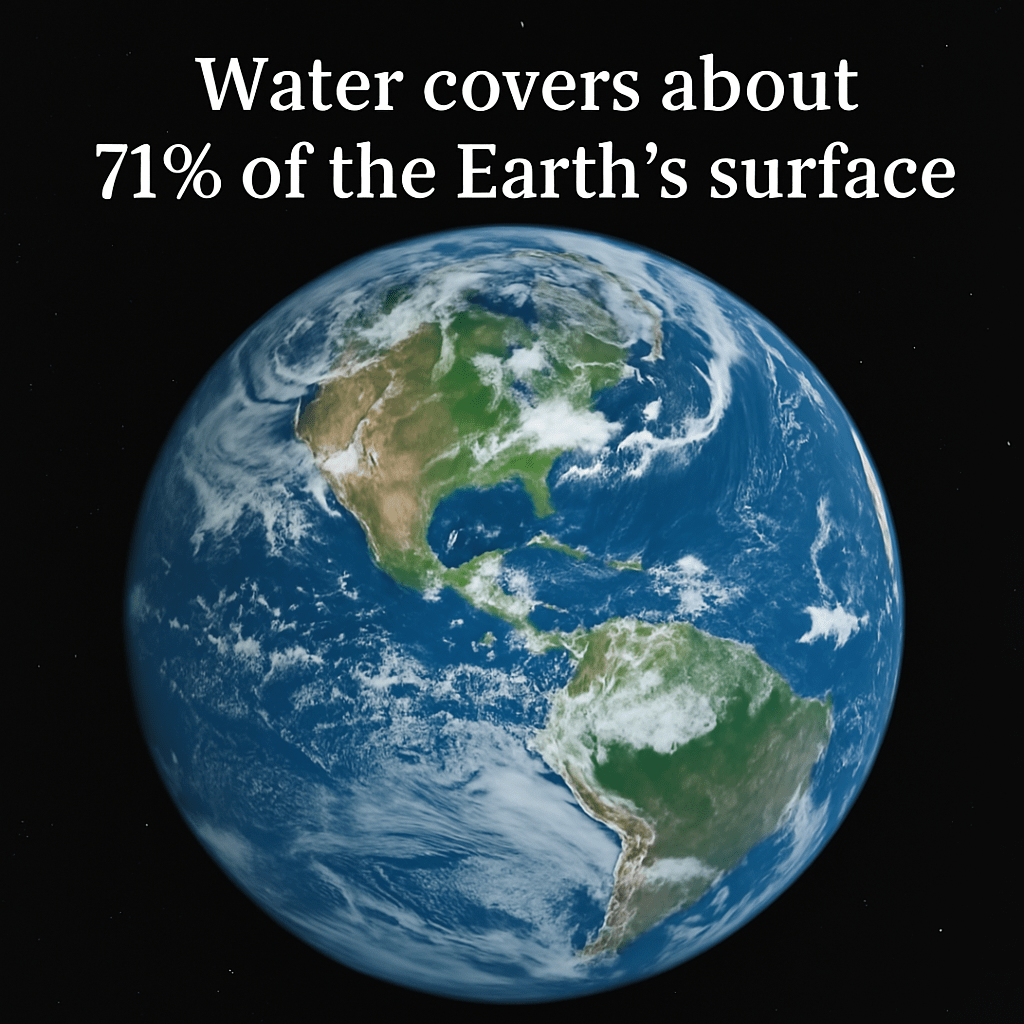
How many ounces of water should I drink a day?
How many ounces of water should I drink a day?
The common rule of thumb you’ve likely heard is the 8×8 rule: Drink eight eight-ounce cups of water a day. If you’re achieving that, you’re doing well. But it’s possible you could benefit from some adjustments. I don’t think that amount is necessarily wrong, but I think research over time has definitely evolved.
Water recommendations are going to vary depending on age, sex, and activity level. Your intake recommendation may vary based on life circumstances too.
For example, if you live in a hot and humid climate, get a lot of physical activity, are pregnant, or are breastfeeding, you may need more water daily than the average adult. Your doctor can help guide you.
The National Academies of Science, Engineering, and Medicine recommends an average daily water intake of about 125 ounces for men and about 91 ounces for women.
If you’re not filling up a water bottle to exactly that amount every day, you’re probably still close or even over, because you also get water from food.
You can get a lot of hydration from foods like celery, oranges, strawberries, watermelon, and cucumbers. All are hydrating foods that can actually help supplement your water intake.

Starting your day with a glass of water is one of the simplest and most powerful habits you can build.
After a full night of sleep, your body is naturally dehydrated, and rehydrating first thing helps kickstart your metabolism, flush out toxins, and support brain function. Drinking water in the morning can also help you feel more alert and energized without needing to reach for caffeine right away.
Keep a glass or bottle by your bedside so it’s the first thing you see when you wake up. Over time, this small act becomes an easy, energizing part of your daily routine.
How much water
is too much?
How much water
is too much?
Although it’s rare, it is possible to drink too much water. It’s a condition called hyponatremia, and it happens when the amount of water in your system overwhelms your kidneys and they can’t keep up with a normal filtration rate. The sodium content of your blood becomes dangerously diluted and causes your cells to swell.
Certain health conditions such as kidney failure and congestive heart failure put you at higher risk of it, and some high-level athletes may experience it if they don’t replace their electrolytes after exercising.
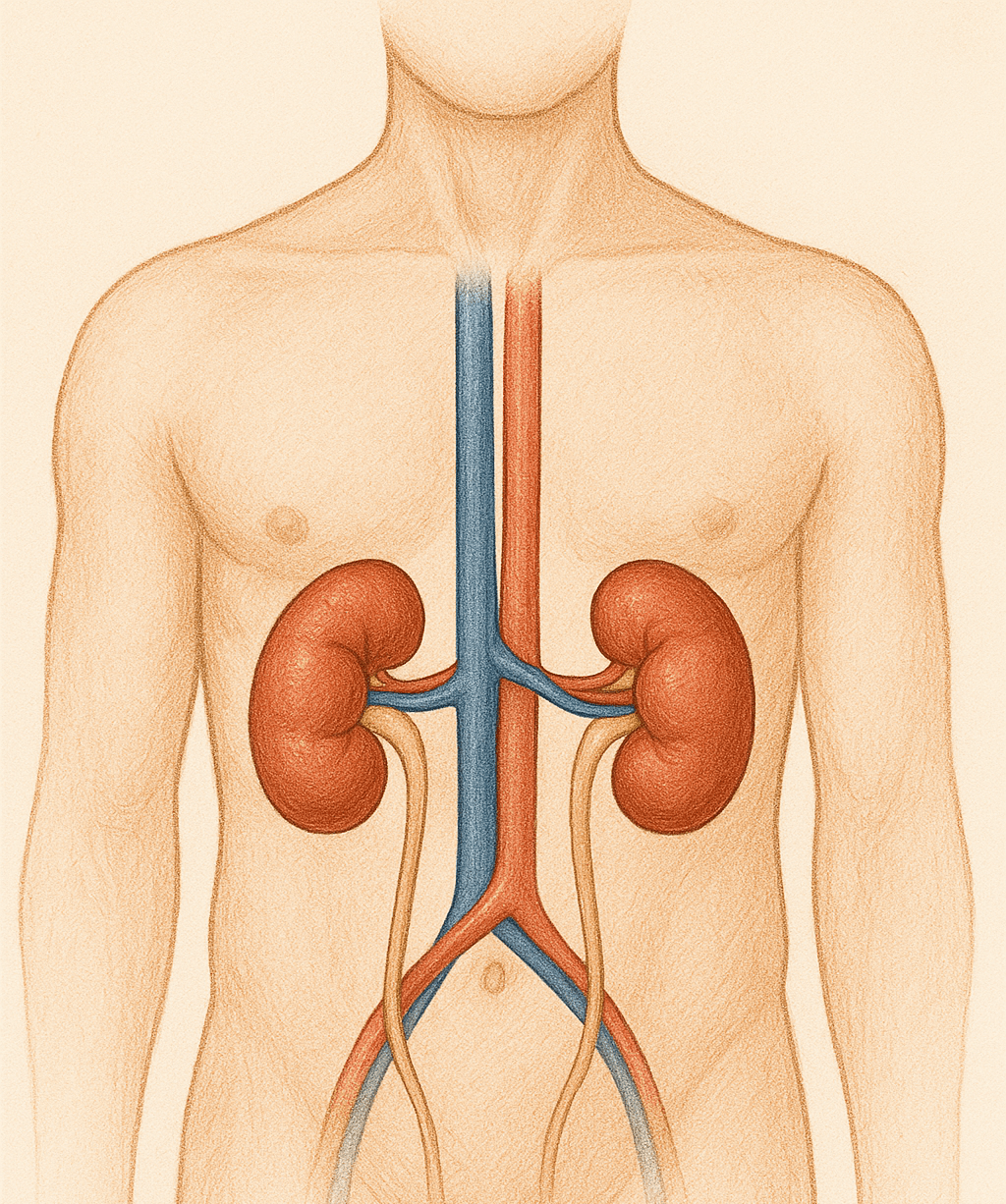
How do I know if I’m
drinking enough water?
How do I know if I’m
drinking enough water?
For the majority of the population, the bigger issue is getting enough water. While it’s helpful to keep tabs on actual ounces, the best indicator of whether you’re well hydrated is your body. When you don’t get enough water, your body will show certain signs.
Urine color is a really great indicator of hydration status. If your toilet water is pale yellow or clear after you pee, you’re golden. Dark yellow or amber colored urine are signs your body needs fluids.
Headaches, migraines, bad sleep, constipation, dizziness, and feeling lightheaded or confused can also be symptoms of dehydration. When in doubt, head to the spout.
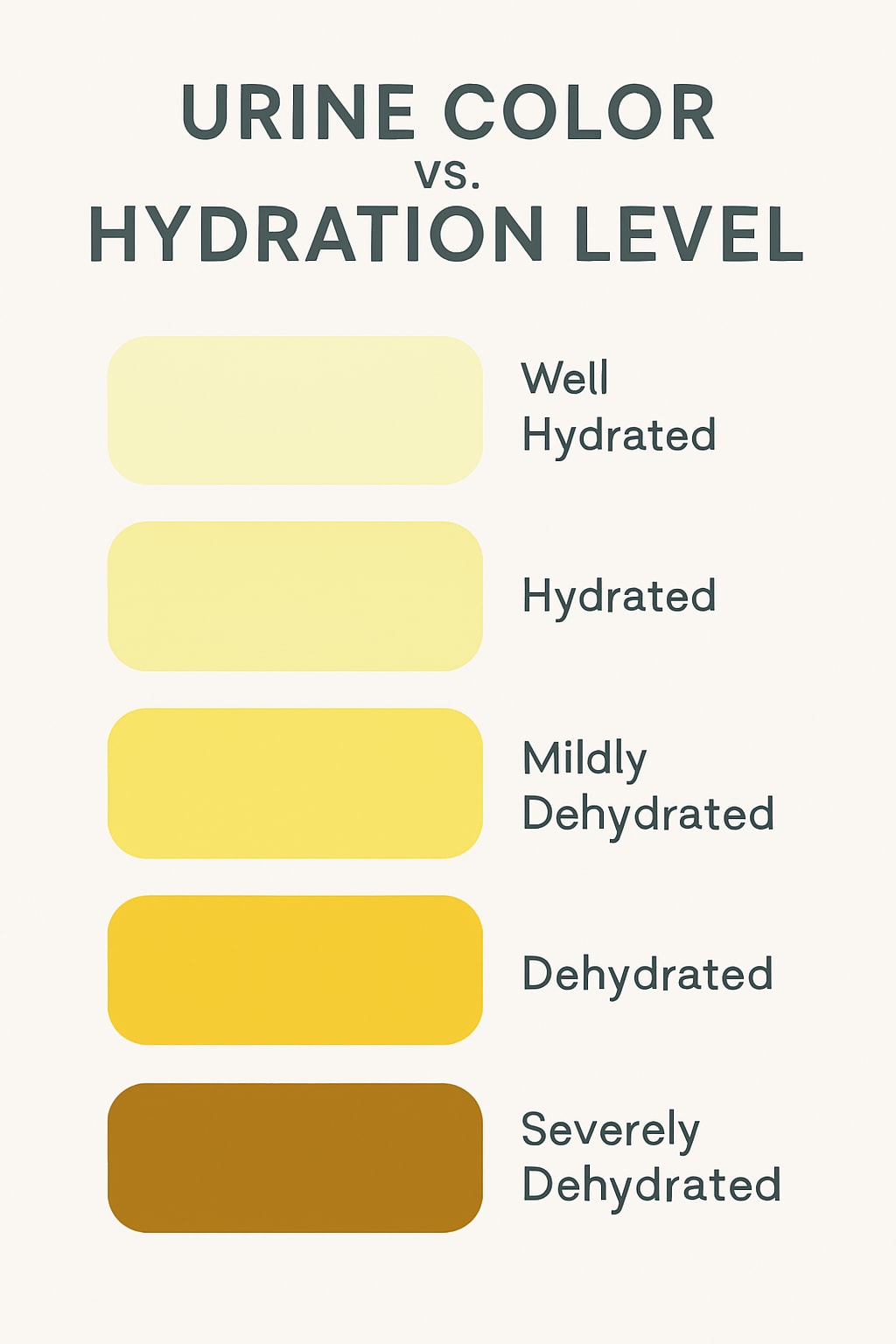
Tips for getting your daily fill
Tips for getting your daily fill
If you’re committing yourself to hydration optimization, I recommend starting slow. First take stock of where you are, and then set a goal for where you want to be.
Half your body weight in ounces is a great starting point. So for someone who’s 200 pounds, our first goal would be 100 ounces. And let’s say they’re only drinking 20 ounces of fluid a day. So every week, we’d want to increase about eight to 10 ounces a week, slow and steady. Because if you do hydrate too quickly, people can feel really waterlogged.
Other handy tips:
Experiment with drinking it ice-cold or adding sliced fruit to give it flavor.
Use smaller water bottles and refill them instead of filling a huge jug for the whole day, which can feel daunting to conquer.
Split your day into increments and give yourself a mini goal in each section. That way you’re keeping a steady stream of hydration going instead of trying to gulp it all in one go.
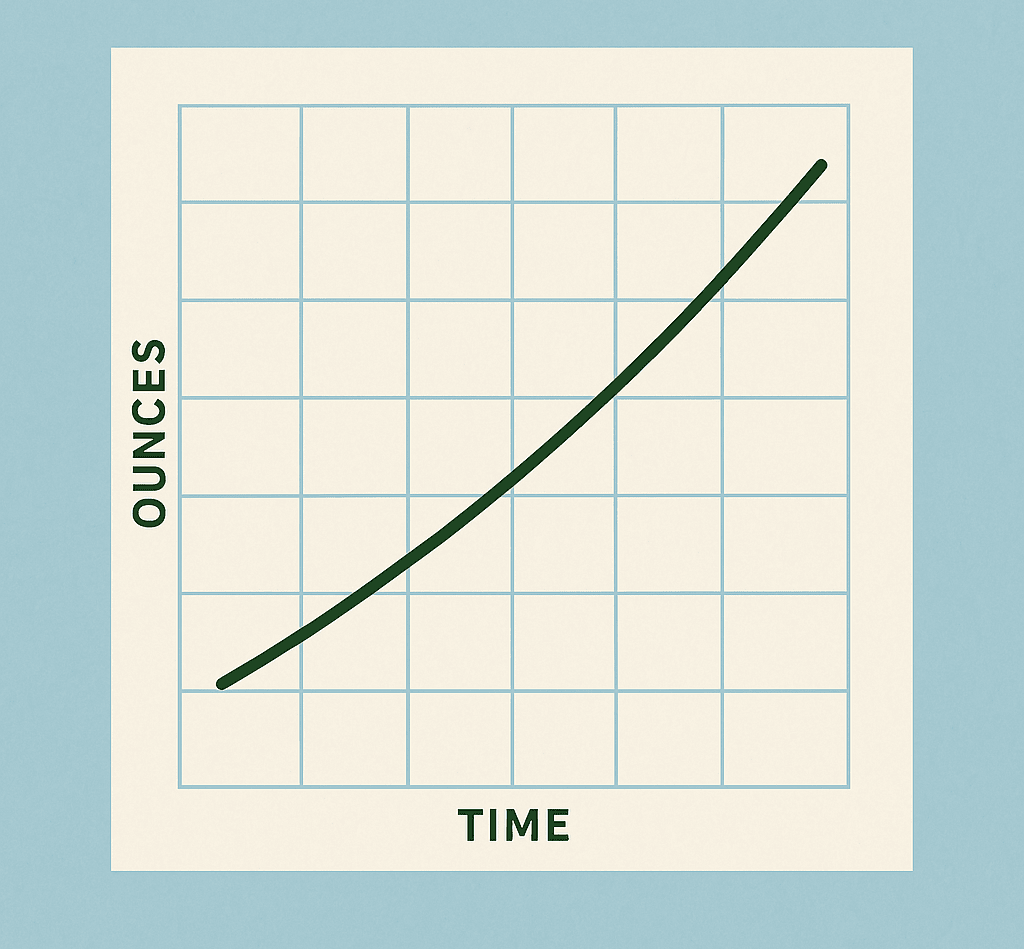
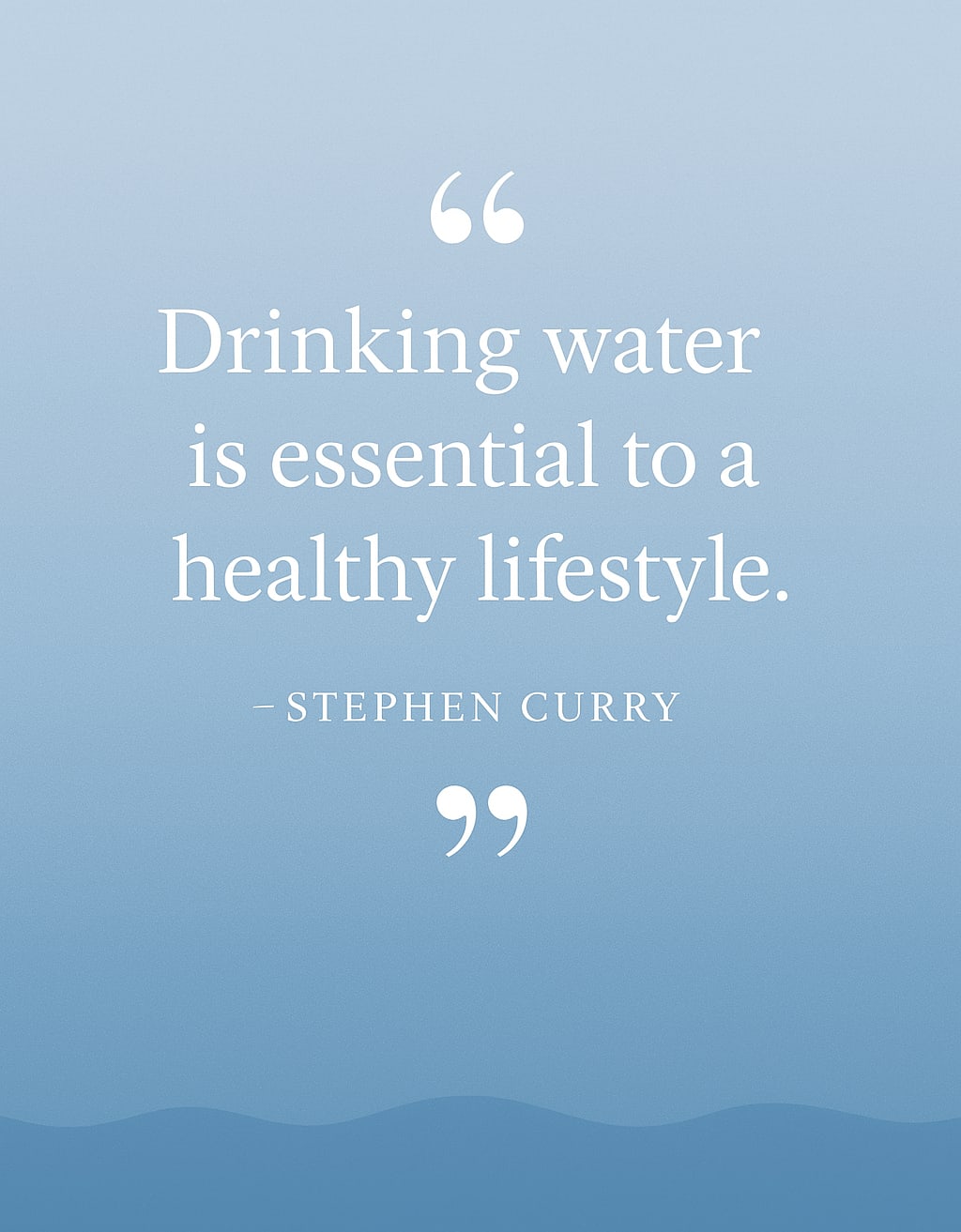
If you’re new to West Egg Wellness 50+, be sure to click on the Getting Started icon. There, you’ll find free downloadable materials designed to help you take those first steps toward better health and nutrition. From simple meal planning guides to beginner-friendly fitness tips, these resources are created with you in mind. It’s a great way to jumpstart your wellness journey—don’t miss it!
If you have any questions, thoughts, or comments you'd like to share, I'm always happy to hear from you - send a message to info@westeggliving.com
I'm here to help!
Thank you for joining us for the this edition of Wellness Wisdom! We hope you found inspiration, encouragement, and a few practical takeaways to support your wellness journey. Remember, lasting health isn’t about perfection — it’s about small, consistent steps.
We’re honored to walk alongside you as you create a stronger, more vibrant life after 50. Stay tuned for next week’s issue packed with more tips, insights, and motivation. Until then, be kind to yourself and keep moving forward — you’ve got this!
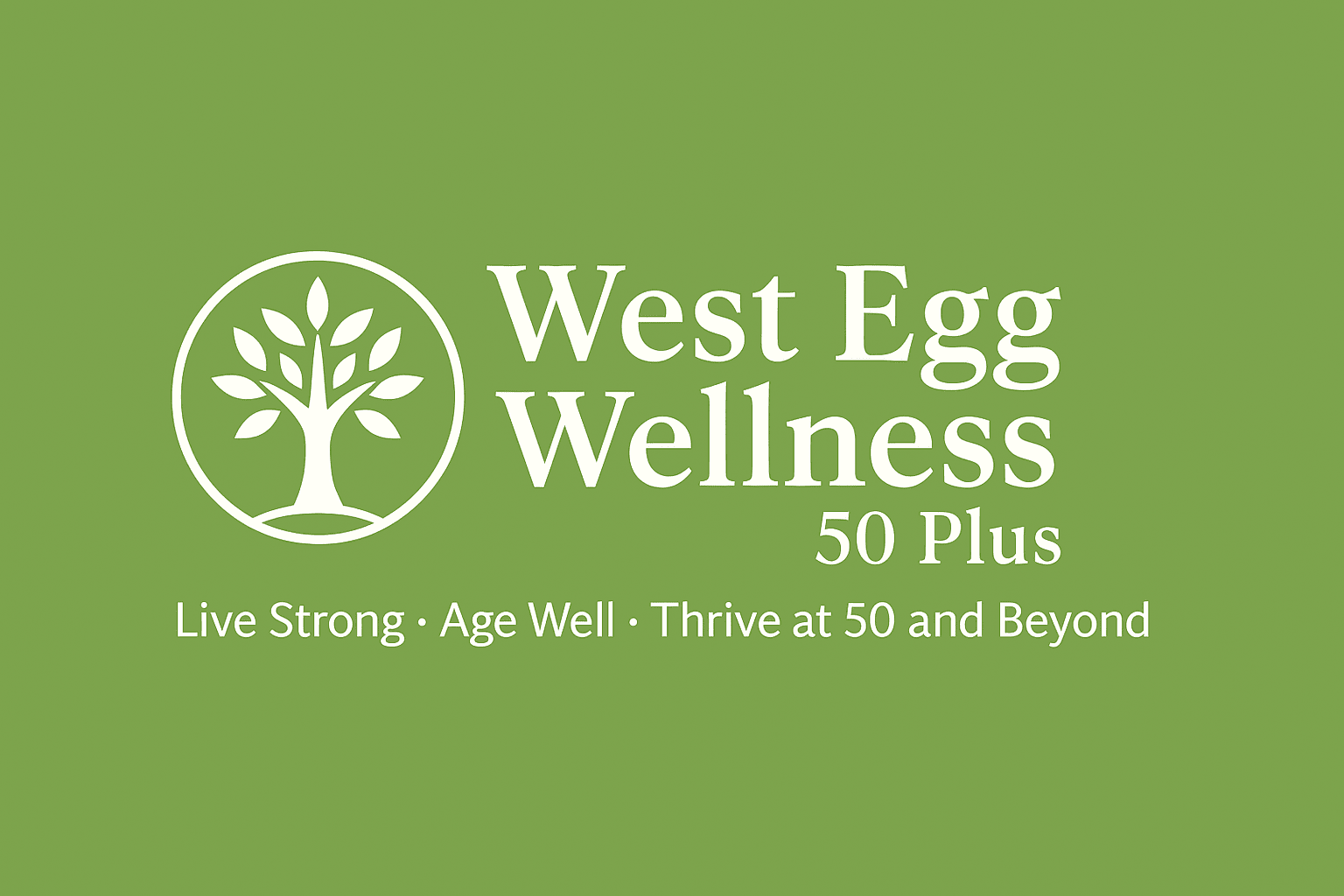
The content provided by West Egg Wellness 50 Plus is for informational purposes only and is not intended as medical advice, diagnosis, or treatment. Always consult with your healthcare provider before beginning any new health, fitness, or nutrition program. Individual results may vary. West Egg Wellness 50 Plus makes no guarantees regarding specific outcomes.
Use of this website and associated materials constitutes acceptance of our
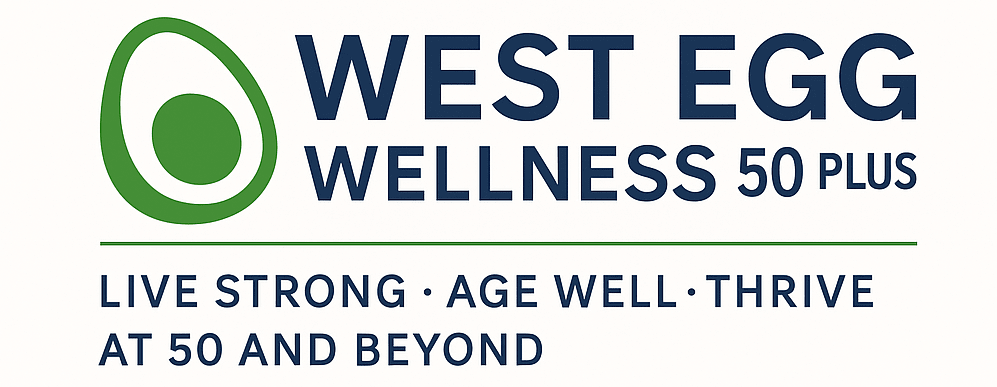
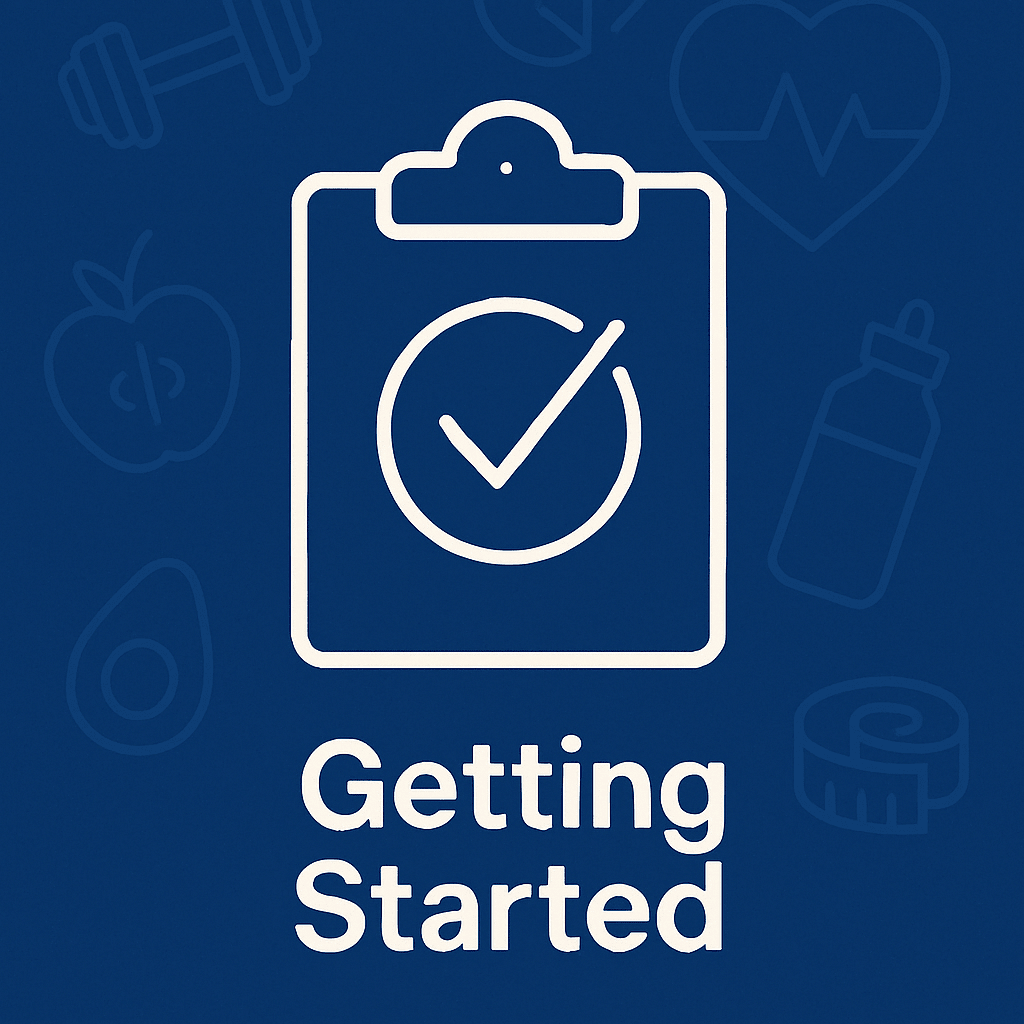
I love the video on this one.
I will try dinking water every hourr like I am trying to go 250 steps each hour.. Encouraging idea.
This is great information. I love the new layout. I cannot wait for the next edition!!!
Thanks Riaan.
Great article!